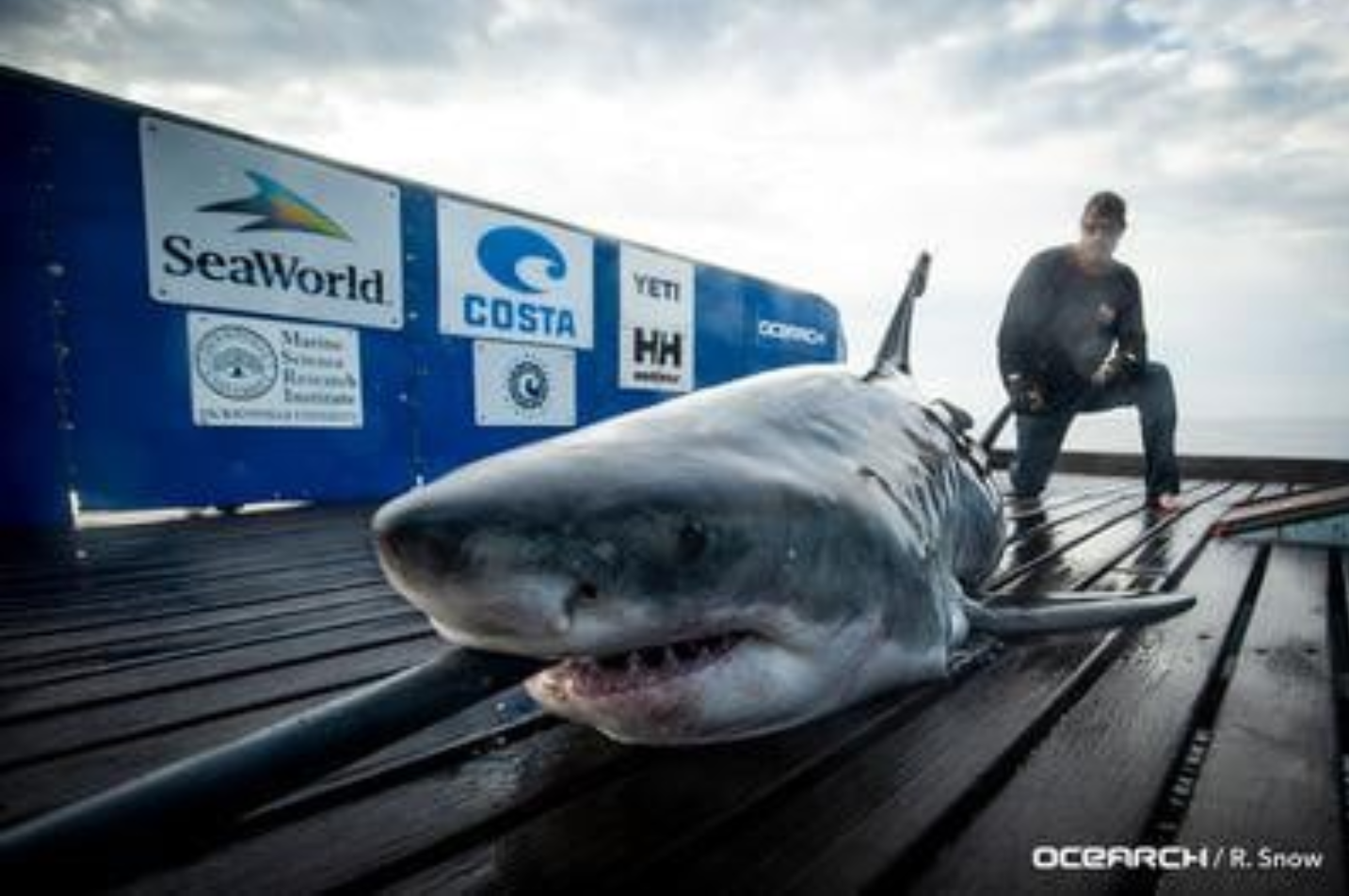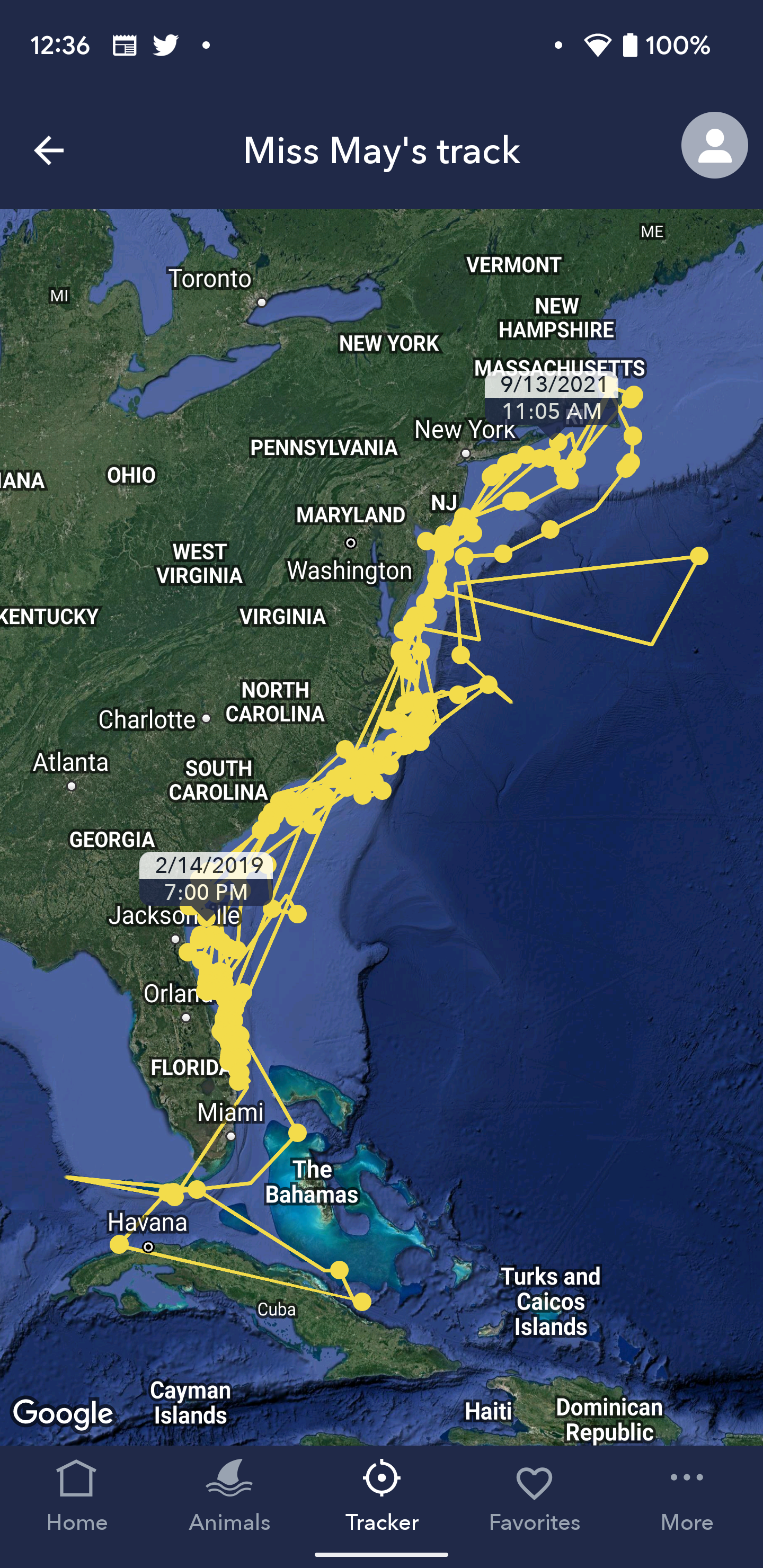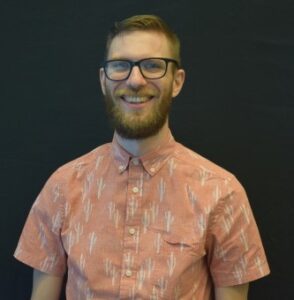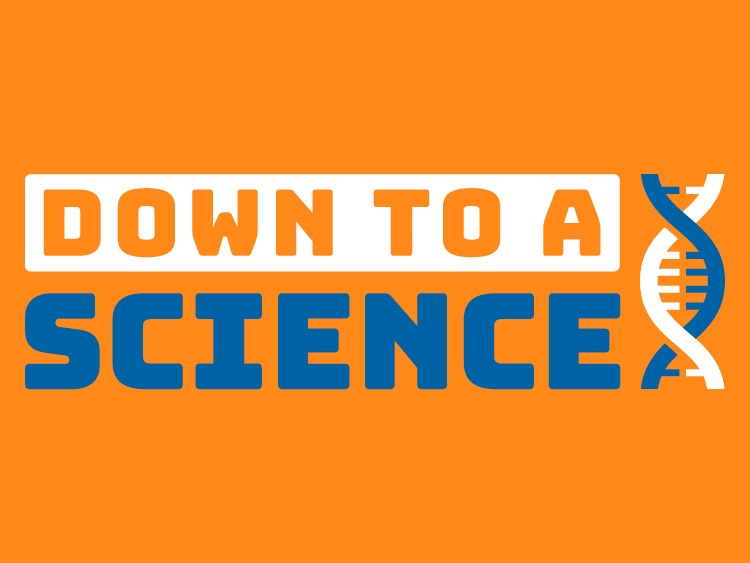Sharks are undeniably one of the most fascinating creatures on the planet. We recently had the pleasure of sitting down with Jasmine, founder of Project Fin, who is dedicating herself to protecting sharks through education and volunteering. We talked about how the current changes in our climate are impacting our oceans and shark populations.
Sharks have survived prowling the oceans for 450 million years with surprisingly few changes to their physical appearance or deadly power. Other Vertebrates wouldn’t even step out of the water for another 50 million years, but sharks were no doubt a compelling reason to exit the oceans and venture onto dry land. Modern Humans would evolve around 370 million years later and we would look out into the oceans and wonder what ancient threats were below.
But not anymore! OCEARCH is a team of 200 scientists who have tagged 431 animals over the course of 42 expeditions and they have developed the OCEARCH Shark Tracker app for iPhone and Android. The team’s mission is to protect oceans for future generations by tracking and researching the health of sharks around the world from the deck of the M/V OCEARCH their mobile at-sea laboratory.
The M/V OCEARCH team spent 22 days in the summer of 2021 conducting unprecedented white shark research off the coast of New England, capturing and tagging incredible sharks as well as testing for microplastic-associated toxin exposure. Other Expeditions have been conducted in Nova Scotia, The Carolinas, in the Gulf Stream as well as the Northwest Atlantic Shared Foraging Are].
For more information on Expedition New England click here.

OCEARCH has collected groundbreaking information on the life history and migration of sharks through years of research and first opening their app we are met by dozens of shark pinpoints dotted up and down the east coast. Zooming in on the New England area currently shows one shark pinging in the region. Miss May is a 10 foot 2 inch 846 pound white shark. She was the very first white shark the team tagged during their expedition in the Northwest Atlantic Shared Foraging Area and was named after Mayport, Florida, the future home at a joint facility with Jacksonville University.
Seeing where all these sharks are is exciting, but the real fun is digging into their migration habits by touching the blue “Show My Track” button. Miss May has traveled 14,967 miles since she was first tagged in February of 2019 with her territory ranging from Provincetown, Massachusetts all the way to Havana, Cuba. She has passed by the coast of Long Island, New York but doesn’t seem to prefer warmer states.
 Shark Tracker provides a lot of information immediately upon opening it, but as OSEARCH explains, there are many reasons a tracker may not work. Batteries can die. Trackers can be damaged by algae or barnacles. Multiple species of sharks have been observed removing their tags. Perhaps most importantly though, sharks do not need to come to the surface for air, and their depth in the water can prevent trackers from returning information. Tapping the filter button at the top of the app allows you to widen the scope of sharks you are looking at to see animals who may not be providing recent data.
Shark Tracker provides a lot of information immediately upon opening it, but as OSEARCH explains, there are many reasons a tracker may not work. Batteries can die. Trackers can be damaged by algae or barnacles. Multiple species of sharks have been observed removing their tags. Perhaps most importantly though, sharks do not need to come to the surface for air, and their depth in the water can prevent trackers from returning information. Tapping the filter button at the top of the app allows you to widen the scope of sharks you are looking at to see animals who may not be providing recent data.
Changing the filters also allows you to see what other animals OCEARCH has tagged. White sharks may make up the majority of OCEARCH’s data; some mako and tiger sharks can be found in the Gulf of Mexico. They’ve even got a few Alligators tagged in Florida, who seem to travel significantly less than their other animals. My favorite finds were a loggerhead sea turtle named Junonia and a pilot whale named Gale. Who are your favorites? Let us know!
Teachers may be interested in the OCEARCH Classroom STEM programs. OCEARCH has developed their STEM curriculum in partnership with Landry’s to align with Next Generation Science Standards. Activities include interactive experiments, writing exercises, worksheets, group projects, and presentations that can all be adapted to fit your classroom.

Zac Zemantic is a Group Sales Representative at the Connecticut Science Center. He has a B.A. in Visual Design with a specialty in Illustration from UMass Dartmouth and he wants to talk to you about comic books.



